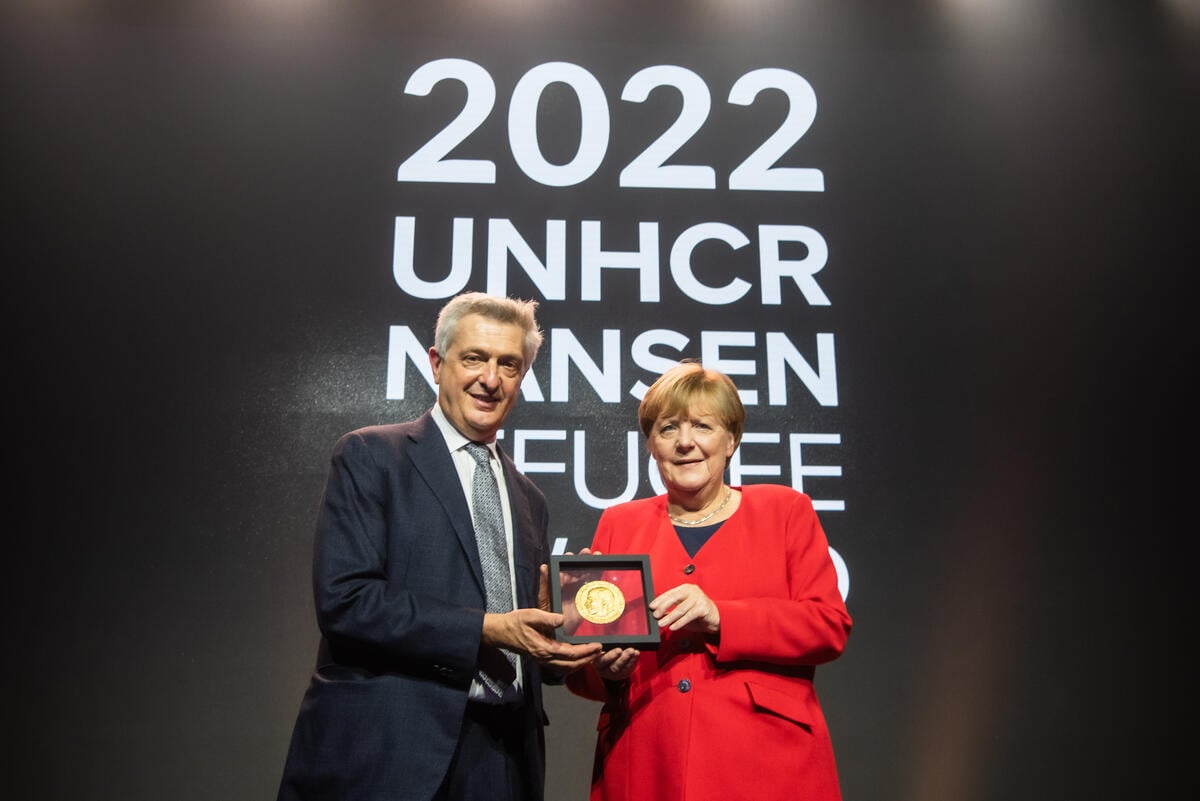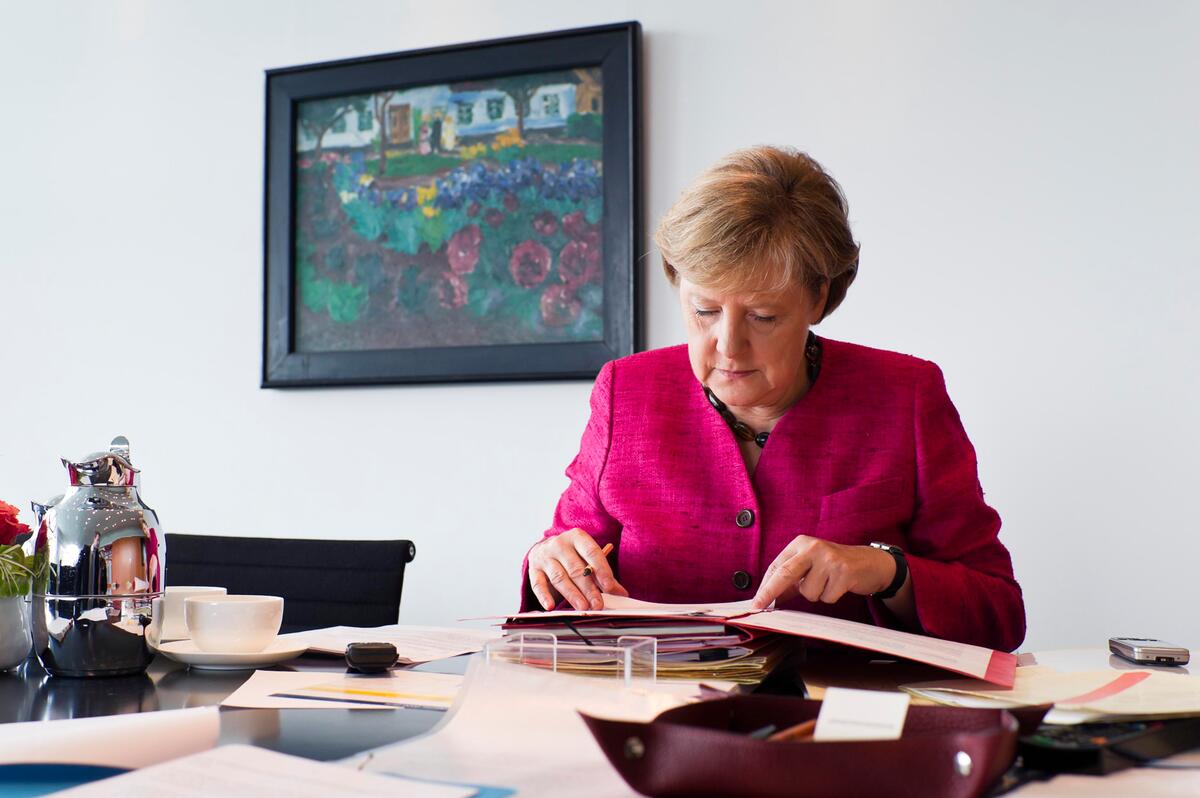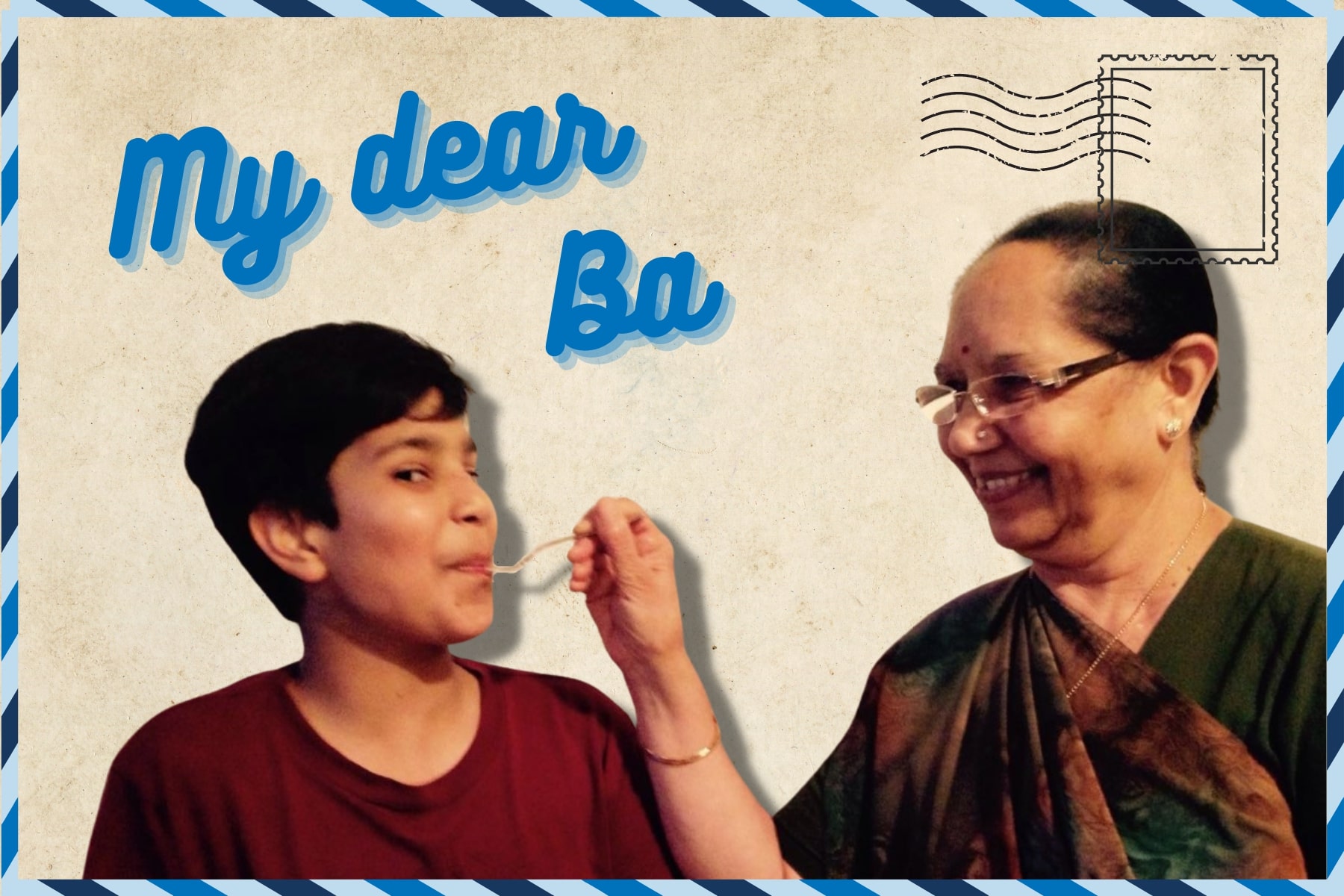A Risky Route from Syria to Europe

A Risky Route from Syria to Europe
The sun is still rising over the Italian port of Augusta, on the eastern coast of Sicily, when 446 people finally step onto dry land after eight days at sea. Crammed into a fishing boat, they often wondered if they would make it here at all. Many still can't believe they're alive.
"Thank you, Italy," says one man as he walks off the rescue ship, his head wrapped in a scarf to protect him from the sun. "Thank you for my life."
He and his fellow passengers – a mix of men, women and children – set sail from Alexandria, Egypt, in utter desperation. Arriving on 22 April, they are the first boatload to reach the shores of Europe via this route since October 2014.
Among them is an elderly Syrian woman with swollen ankles. She struggles to make it down the gangplank as her daughter, behind her, carries a little boy, her grandson. On the landing bay below, a wheelchair waits to take her to the shade of a tent. There, the woman drinks thirstily, her lips dry and cracked. "I couldn't sleep," she tells me, between gulps. "Or even go to the toilet."
Others come from Iraq, Syria, Somalia, Eritrea and Sudan, having fled war or grinding poverty back home. Fifty-nine children are among them, as well as two pregnant women.

When I first meet Amin, his wife, Hanan, and their three young children, they are queuing for medical checks after disembarking. The youngest, a three-year-old boy named Jamal, wears a pair of pink plastic clogs that he has been given by the rescue workers. "Cool!" I say, pointing at them, and he grins, proudly.
Hanan looks exhausted, after eight fearful days at sea and nearly five months on the run from Syria. Her family's belongings are packed into two small bags – all that remain of their former lives.
Later, in a tented reception area, I find them eating their first meal on dry land: a packed lunch, handed to them as they arrived. Around us, families rest on rows of camp beds. For now, at least, their nightmare is over.
"How are you?" Amin asks, offering me one of his salted crackers. "Do you want a biscuit?" I shake my head, and ask them how they feel.
"Tired," says Hanan, with a weary smile. Her face, framed by a beige headscarf, and her husband's are both sunburned after eight days adrift on the Mediterranean Sea. Amin's shoes, I notice, are falling apart.

Amin and Hanan are teachers who first met 13 years ago at the same school in Damascus, Syria. Amin taught maths, and Hanan, a painter and sculptor, taught the arts. They were engaged for three years before her father accepted Amin into the family.
"One time I met him and he said, 'I accept you as a husband for my daughter,' " Amin remembers. "Then, after a month, he changed his mind." Today, at least, they are able to laugh about it. "We've had many good years," he says, smiling at his wife.
But when war in Syria became too much to bear, the family were forced to flee. Their best chance of safety, they thought, was to take a boat from Egypt to Europe, and so they flew to Sudan, piled into a pickup truck and drove through the desert. "When we arrived in Egypt we went to the sea immediately," says Amin. "But the Egyptian coast police caught us and we were all arrested."
Although the family spent 11 days in detention, their arrest turned out to be a blessing in disguise. "On the 6th September, the boat we were meant to be on sank," says Hanan. "But we were in prison. Prison was good luck for us."

After his family's release, Amin decided to try to make it work in Egypt, taking any job he could find. For three months, he worked in construction, and sold fish at a market. But life was tough, and the risk of crossing the Mediterranean Sea by boat grew increasingly bearable.
Today, after eight days at sea, with little food or water, Amin's family are just happy to be alive. Under the shade of the tent, with about 100 other families, they huddle close together, full of warm smiles, even in despair.
The children – always the most resilient – munch apples, happily. The eldest, eight-year-old Wassim, gives me a thumbs-up. "It's good!" he says.
At last, this family can rest easy tonight. Tomorrow, a new life begins.








